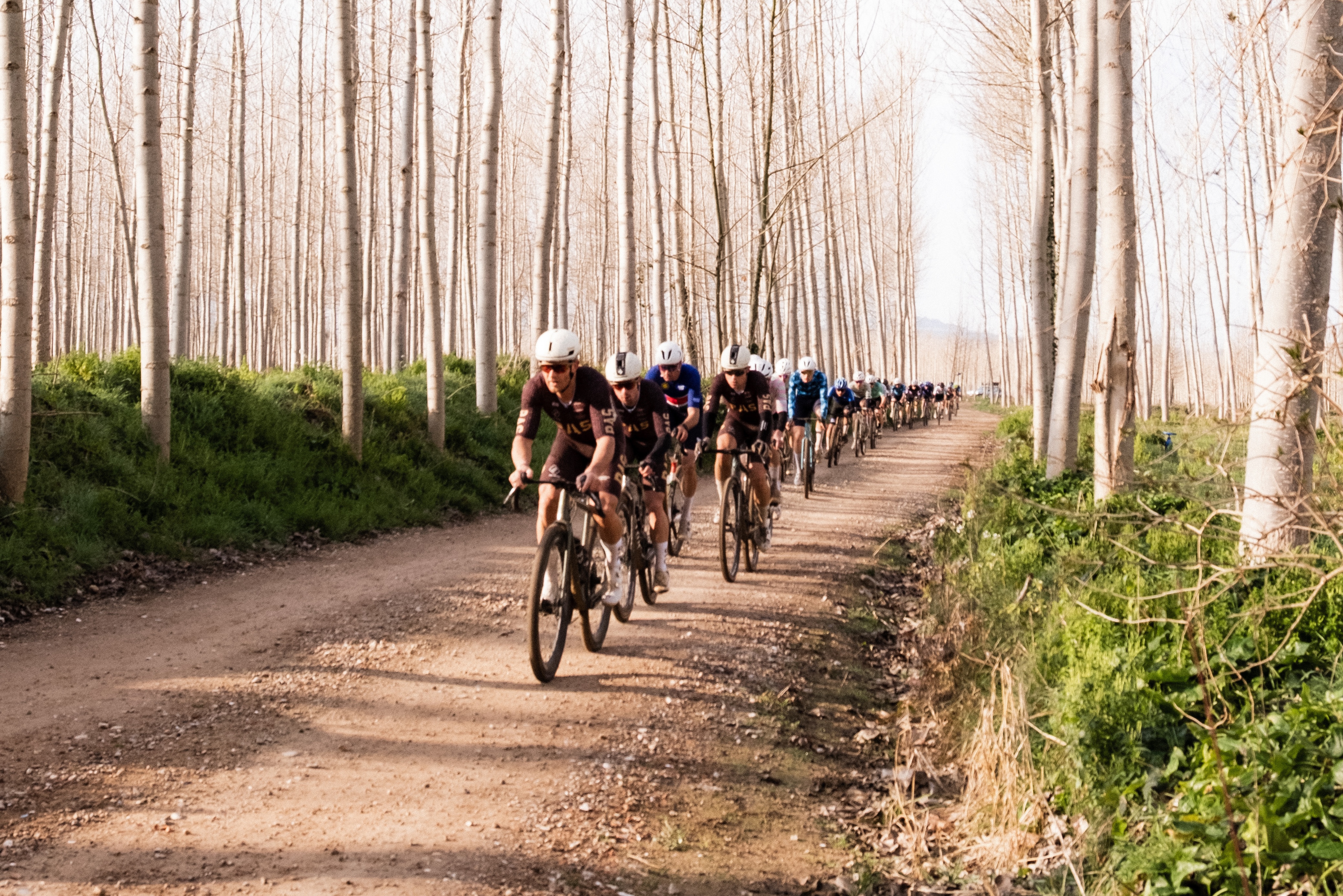Buoyed by support, Giant-Alpecin's Chad Haga looks ahead
Four weeks after head-on collision, American is thinking about 2016 Grand Tours
The latest race content, interviews, features, reviews and expert buying guides, direct to your inbox!
You are now subscribed
Your newsletter sign-up was successful
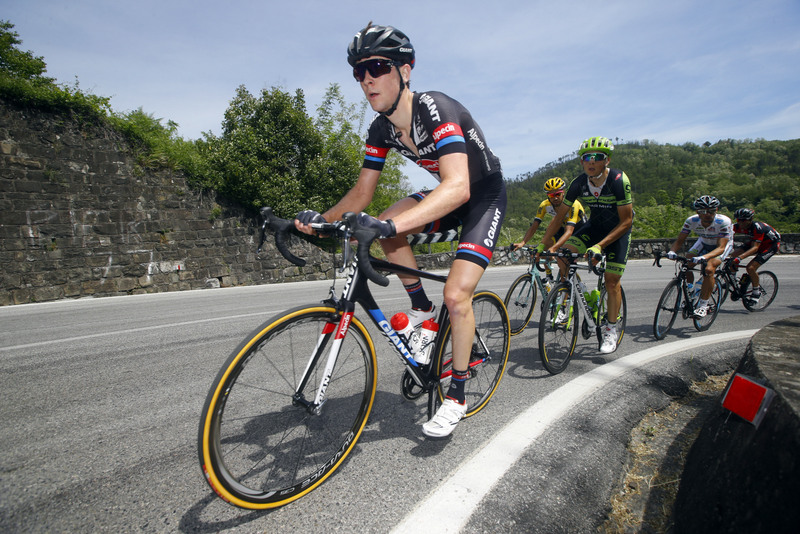
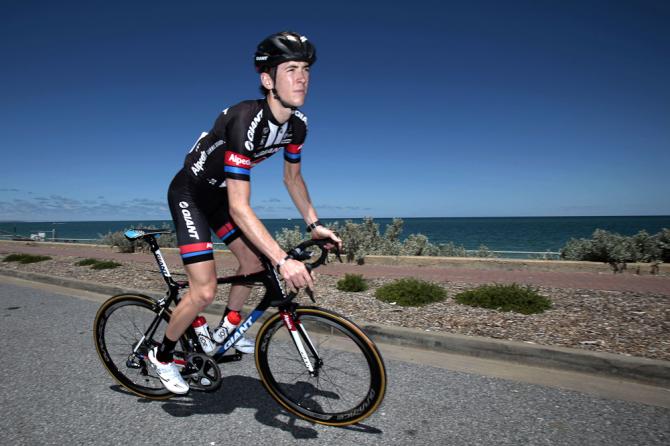
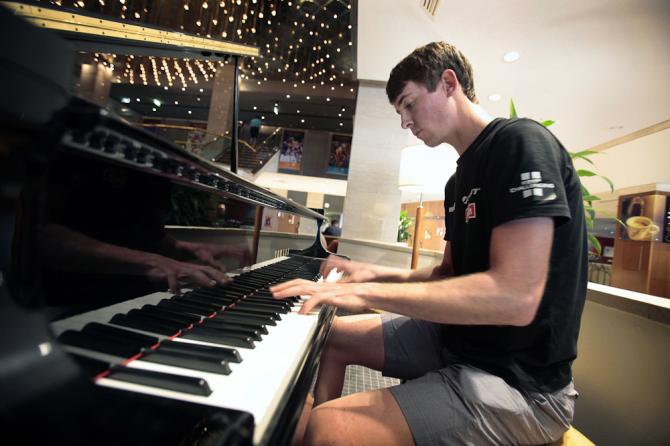
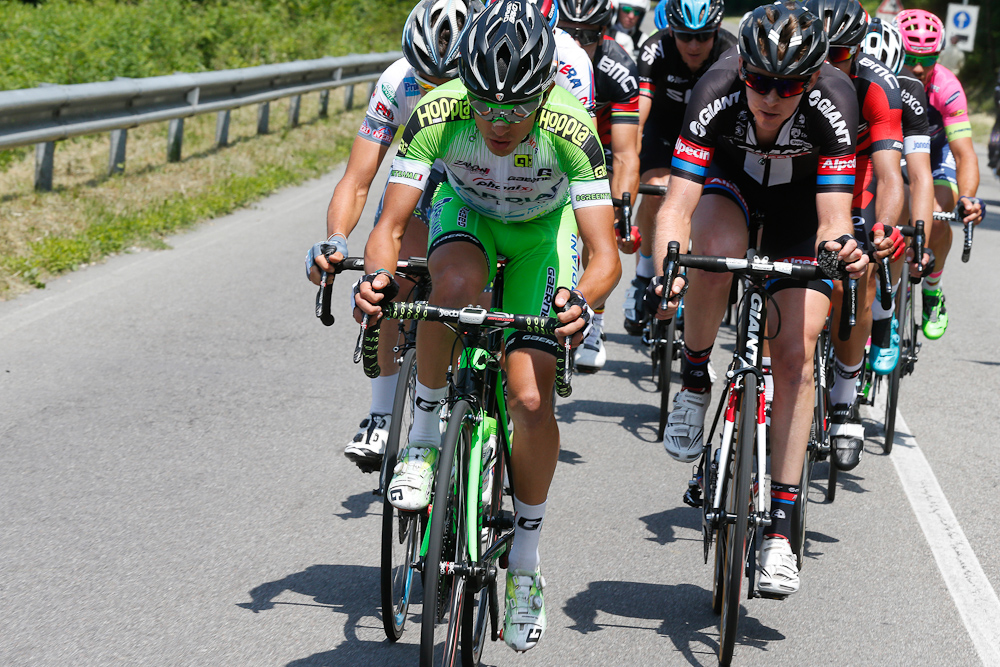
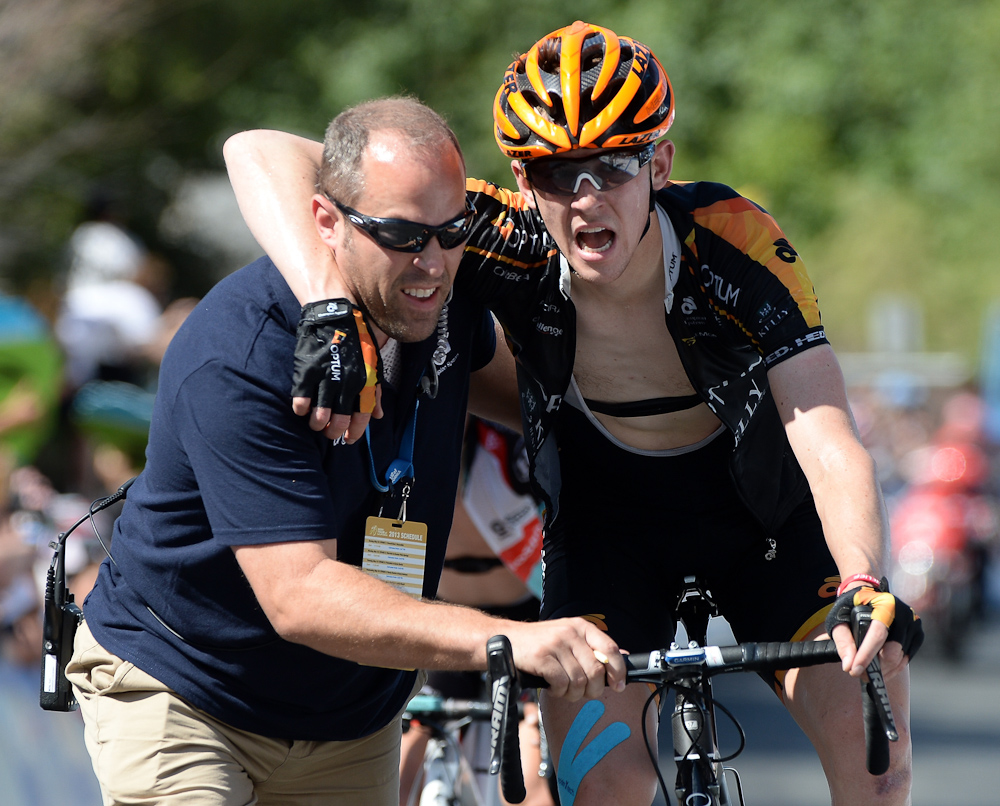
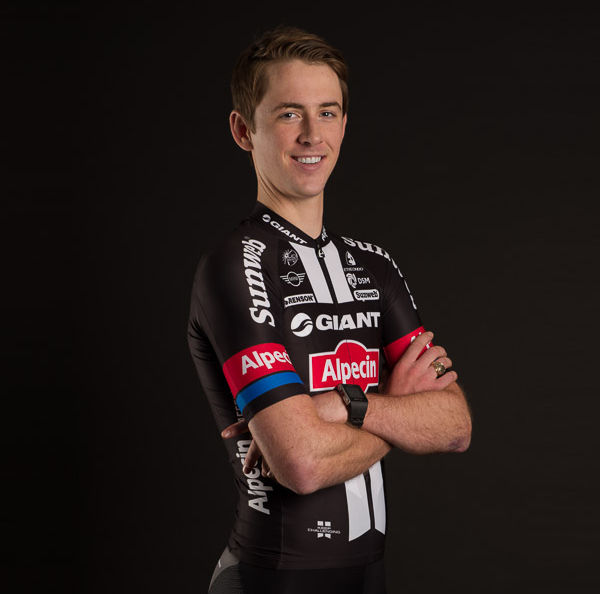
Just over four weeks on from needing to be airlifted from the scene of his head-on crash with an automobile while training with Giant-Alpecin teammates in Spain, Chad Haga is training on a limited basis and thinking about which Grand Tour he'll get to ride this season.
The 27-year-old from Texas has been racing with the Dutch WorldTour team since 2014, when he finished his first Grand Tour at the Vuelta a España. He followed that up last year at the Giro d'Italia, where he scored a top 10 finish on the stage 18 finish into Verbania that was won by Philippe Gilbert.
Despite having lost much of the fitness he built over the winter, and facing limited training because of lost strength in his neck muscles, Haga is gunning for a previously planned start at the Giro d'Italia. But at this point, he says, any Grand Tour will do.
"I want a Grand Tour this year," Haga said from his adopted home in Girona. "So I'll take what I can get. Even the Giro is pretty far away, so I can have hopes. But considering where my fitness is now, it's daunting."
A return to the Tour of California, assuming his team is invited this year, is also among the possibilities. Haga finished 10th there in 2013 while riding for the US Continental team Optum-Kelly Benefit Strategies.
"Yeah, absolutely," he said when asked about a return to California. "There are still a lot of options open. There are so many guys injured, we're just trying to fill out rosters."
Haga has been racing full time since he graduated from Texas A&M University with a mechanical engineering degree. He came to cycling at a late age but has progressed quickly, entering his first road race at the collegiate level and then riding part of the 2011 season with the Colorado's Rio Grande domestic elite team after graduation.
The latest race content, interviews, features, reviews and expert buying guides, direct to your inbox!
His results got the attention of team director Jonas Carney, who signed Haga to Kelly Benefits-Optum Health at the end of that year. Haga rode with Optum through 2013, winning national-level races in the US and earning his top 10 finish in California before moving up to the WorldTour team.
The crash
On January 23, Haga and five teammates were struck by a car that drove into oncoming traffic while they were training in Spain. John Degenkolb, the 2015 Paris-Roubaix and Milan-San Remo winner, was also involved in the collision, along with Warren Barguil, Max Walscheid, Fredrik Ludvigsson and Ramon Sinkeldam.
Degenkolb suffered a serious hand injury that needed surgery, confirming later that the end of a finger had almost been entirely severed. Barguil suffered a fractured scaphoid, while Walscheid fractured his hand and tibia and Sinkeldam broke his shoulder blade. Ludvigsson escaped with multiple scratches and bruises.
But it was Haga who took the brunt of the collision and suffered the most serious injuries. He was airlifted to a hospital in Valencia, where he received medical attention for neck and facial injuries and an orbital fracture that required surgery. He had a deep laceration that involved his chest, neck, chin and lip, as well as contusions and abrasions across his body, but a CAT scan revealed no internal or head injuries.
Given the circumstances and the initial concern at the scene, Haga's recovery has gone remarkably well, but as he will tell you, not well enough for his own wishes.
“You take a step back and it's going really quickly,” he said, “but as a professional athlete it can never go fast enough.”
Haga's attitude so far has been outstanding, joking on Twitter about his current situation. And the support he's received from friends, family and even strangers has been motivating. His former US team [now Rally Pro Cycling] paid for his brother to fly to Spain to be with him while he recovers, for example.
“We were actually able to thank them in person when they were in town before the Tour de Med,” Haga said. “My college buddies pulled together to send my fiance over for a couple of weeks. And then the cycling community in Fort Collins [Colorado] and plenty of other friends have reached out asking for ways that they can help. It's been pretty amazing. I didn't realize there were that many generous people eager to help. It's been really a pleasant surprise. I guess people like me OK, that's good to see.”
'I try my hardest to stay positive'
Haga, who's been known to haunt hotel lobbies searching for a piano where he can pull up a stool and play, has started to get some piano time again at home as well. Unfortunately, his neck strength becomes an issue and his sessions are short. It's the same story on the bike; he has been able to ride, but his neck strength only supports relatively brief workouts.
“Training is going really well, but I still have a lot of ground to make up before I can pin on a number. I'd be dropped pretty quickly,” he said. “I did lose a lot of fitness, but right now I don't have the neck stamina to even finish a race.
“That's the main limiter. My knees are still a little bit swollen, but they don't affect me on the bike. My shoulders hurt a lot. Really the bike is the place where I feel mostly normal, it's just my neck can't ride all day like my legs want to.”
He's been doing “a little bit” of endurance riding, but Haga said most of his training has been focused on hitting the intensity pretty hard just to make the most of his time on the bike.
“I'm doing a lot of intervals and trying to recoup fitness as quickly as possible,” he said.
“Ninety per cent of my daily energy goes toward my three-hour ride, and then I spend the rest of the day on my back trying to recover from it. I can still play the piano just fine, but only for a couple of minutes at a time before my neck is like, 'OK, it's time to move on,'” he said.
“My life is pretty simple at the moment: a three-hour ride and then spend the rest of the day recovering so I can do it again the next day.”
The time frame for Haga's return has been marked on his and his team's calendars, but at the moment they're both keeping that potential date to themselves so as not to raise expectations before they're absolutely sure. For now he's staying focused on his recovery and his training – and maintaining the the positive attitude that has served him so well thus far.
“It's certainly frustrating and difficult at times," he said of the recovery. “But I try my hardest to stay positive about it and keep looking forward and making each day better than the one before it.”
Growing up in Missoula, Montana, Pat competed in his first bike race in 1985 at Flathead Lake. He studied English and journalism at the University of Oregon and has covered North American cycling extensively since 2009, as well as racing and teams in Europe and South America. Pat currently lives in the US outside of Portland, Oregon, with his imaginary dog Rusty.
